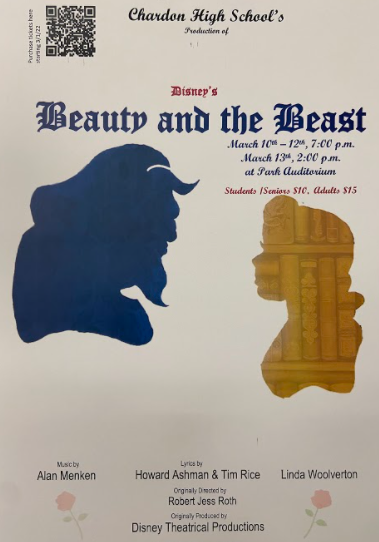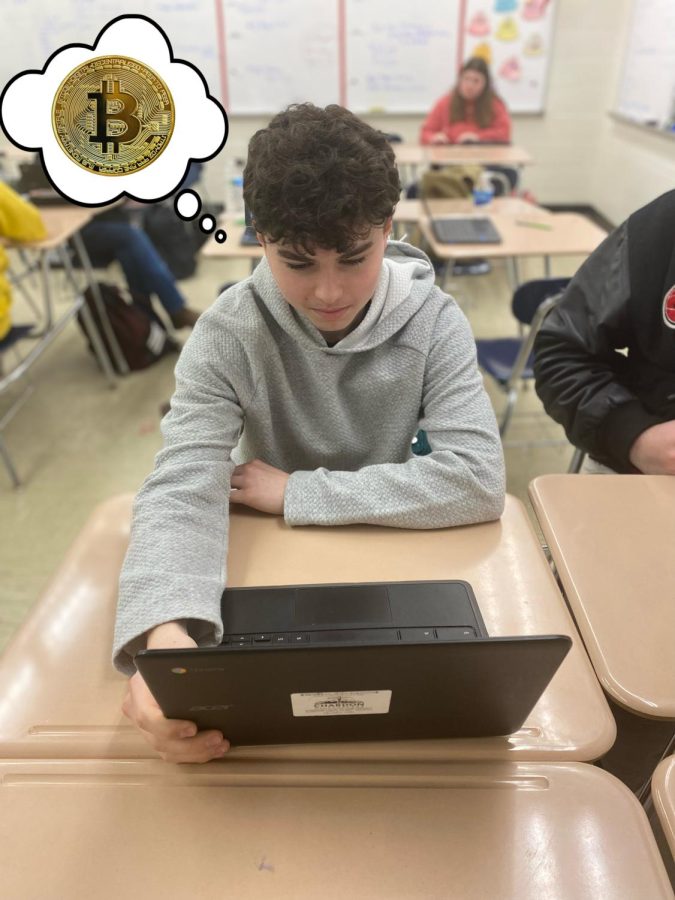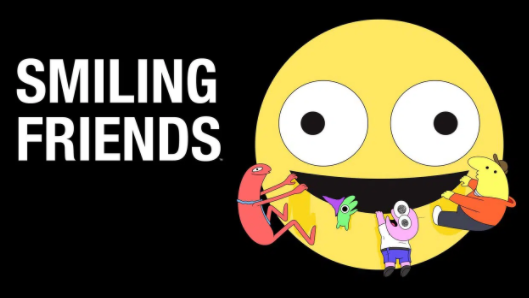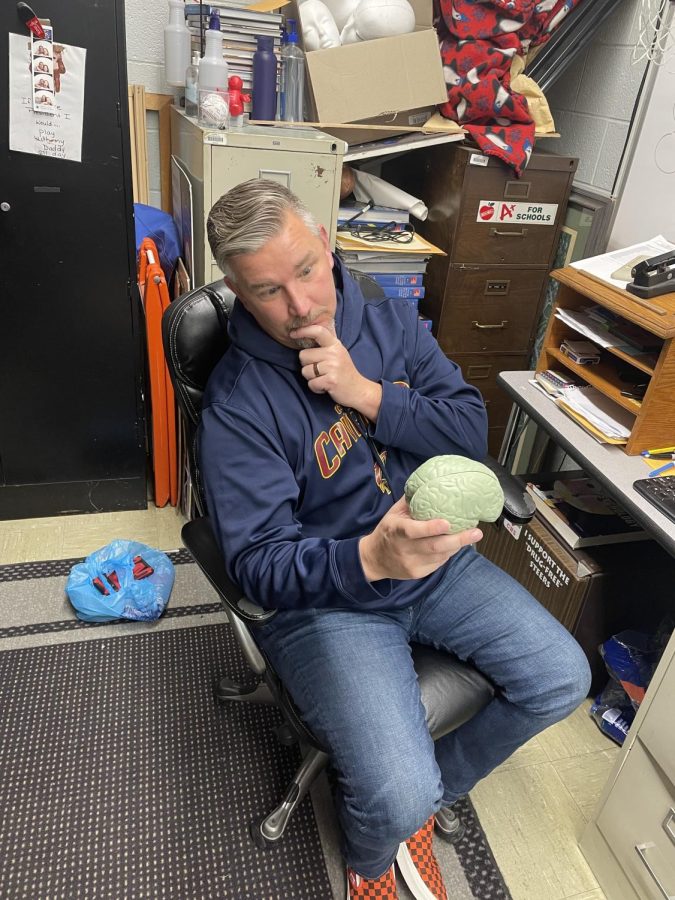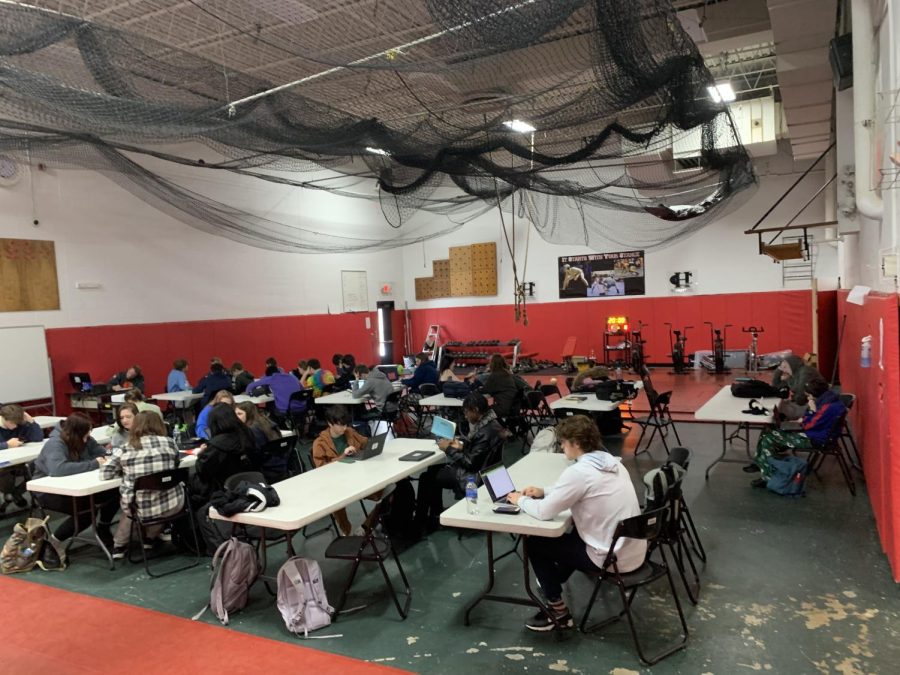Don’t Just Read the Highlights Through Your Life
February 20, 2020
My own attention span has been shortened, or so I thought. Through personal experience, I have seen a reduction in the length of ads on the platform Youtube. Just a few short years ago I remember watching nonsense videos about who knows what and right after that click a 15 or 30-second ad would play and then that was it. Now if I want to click on a video it is usually two five-second ads to start it with another four to five short ads throughout depending on the length of the video. Very rarely do I click on something and the entirety of the video has no ads. In accession to the bombardment of stimuli, the ads are very colorful, have peppy music, and use strong words to capture people’s thoughts for a few seconds. A more optimized way to convey information about politics, new products or world events in ads could be to include more details over a longer time frame. This way society can make rational decisions about the content of the ads using their own brains.
Having so much access to social media and sharing platforms all the time has put an imaginary barrier up in our vocabulary and reduced attention spans of all ages of people. Because of a constant bombardment of stimuli around us, product pushers feel the need to use powerful words such as “ awesome”, “the best around”, and my least favorite “the funniest” as attention grabbers. Once the advertisers or promoters have people’s attention for the small amount of time it can be corralled, there is an overload of input. The end goal is to get products/ideas across and spark enough interest to have the person even remember what it is. The minds of many just need a little push or pull to make an impact on decisions. It is almost as if the world today moves about with a yellow highlighter, only making marks on the biggest ideas and products without much care for details that can be lost in the chaos. It almost becomes a habit to look at the news, read a few lines down and click on the next article about how someone trained a ferret to waterski but it is important to realize there is always more to read.
A BBC article written by Simon Maybin may contradict the idea of attention span reduction over the past years. It suggests almost all references about a shorter attention span came from a Consumer Insight Team of Microsoft Canada. They surveyed 2000 Canadians and studied brain activity from carrying out tasks. Although the research about attention span was not from them it was from another source called Statistic Brain.
Dr. Gemma Briggs, an interview subject of Simon, says it is not so much of an attention span issue but rather a plethora of interesting material to pull our minds in every direction. She also stated that it also has to do with the task at hand and the interest of the subject in that specific task. In conclusion, Dr. Briggs believes there are simply too many choices for people to be happy with. There is always a chance of something better with so many unknowns.
“There are many dangers to a one-sided perspective without knowing all the details,” says Tim Armelli, a teacher at Chardon High school.
This is not meant to discourage people from reading about what they want to but rather to encourage people to read from somewhere real that spends the necessary time to fact check and make a cohesive argument or statement. Newspapers, for example, spend their entire days revising the same articles, making everything neat, true and as easy as possible to read and digest.



